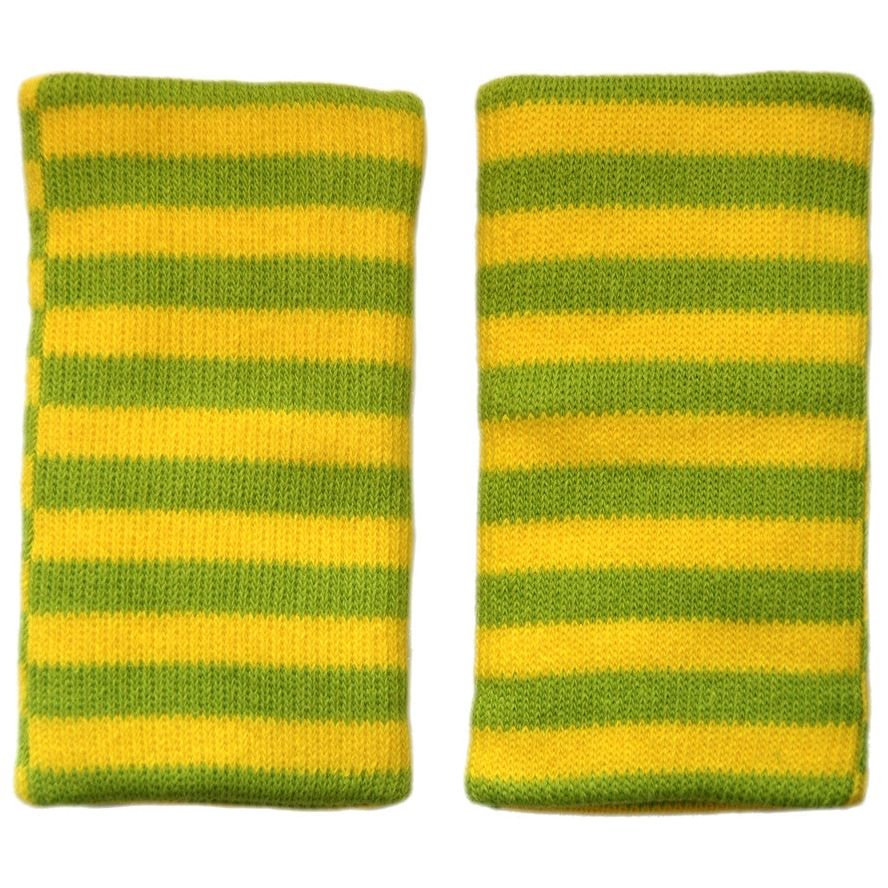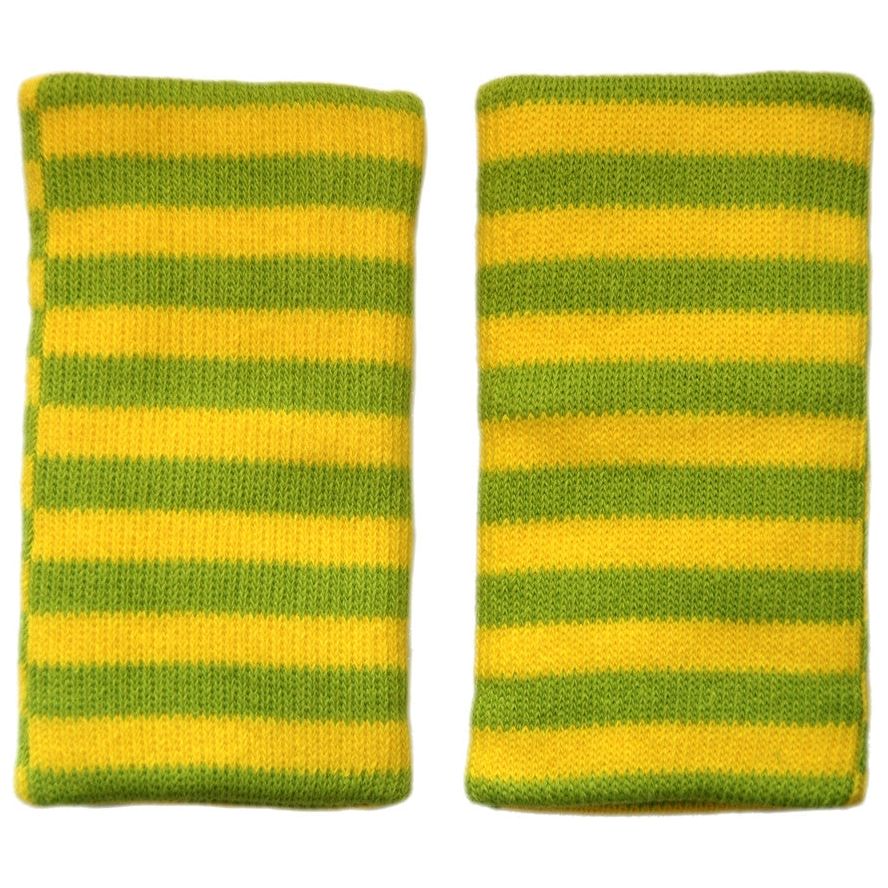Establishing a healthy sleep routine is essential for your crawling baby's overall well-being and development. Adequate sleep promotes growth, cognitive function, and emotional regulation. In this article, we will delve into the importance of nurturing a healthy sleep routine for your crawling baby and provide practical tips and strategies to help you create a peaceful and restful sleep environment.
1. Consistency is Key:
Creating a consistent sleep routine helps signal to your baby's body that it's time to wind down and prepare for sleep. Establish a consistent bedtime and wake-up time, ensuring they get the recommended amount of sleep for their age. Consistency helps regulate their internal clock and promotes better sleep quality.
2. Create a Calm Sleep Environment:
Design a sleep environment that is conducive to relaxation and sleep. Keep the room dimly lit, use white noise or a soothing lullaby to drown out background noise, and maintain a comfortable temperature. Consider using blackout curtains to block out excess light that may disrupt sleep.
3. Establish a Bedtime Routine:
Implement a soothing bedtime routine to help your crawling baby transition from playtime to sleep. This can include activities such as a warm bath, gentle massage, reading a bedtime story, or singing a lullaby. Consistency and predictability in the routine will help signal to your baby that it's time to sleep.
4. Encourage Daytime Activity:
Engaging your baby in regular daytime activities, such as tummy time, crawling, and interactive play, helps expend their energy and promotes better sleep. Ensure they have ample opportunities for physical activity and exploration during the day.
5. Mindful Napping:
Establish a consistent nap schedule that aligns with your baby's natural sleep patterns. Pay attention to their sleepy cues and create a calm and quiet environment for napping. Avoid overly stimulating activities close to naptime and ensure naps are not too close to bedtime, as it may interfere with nighttime sleep.
6. Respond to Sleep Cues:
Learn to recognize your baby's sleep cues and respond to them promptly. Yawning, eye rubbing, and fussiness are common signs that they may be ready for sleep. By addressing their sleep needs in a timely manner, you can prevent overtiredness and promote easier sleep transitions.
7. Monitor and Adjust:
Monitor your baby's sleep patterns and adjust their sleep routine as needed. Be flexible and responsive to their changing sleep needs as they grow and develop. Remember that each baby is unique, and it may take time to find the routine that works best for your little one.
Nurturing a healthy sleep routine for your crawling baby is crucial for their growth, development, and overall well-being. By incorporating consistency, creating a calm sleep environment, establishing a bedtime routine, encouraging daytime activity, practicing mindful napping, responding to sleep cues, and monitoring their sleep patterns, you can help your baby develop healthy sleep habits. Remember, sleep routines may take time to establish, so be patient and persistent. With your loving support and guidance, your baby will enjoy restful sleep and wake up refreshed and ready for their crawling adventures.



























